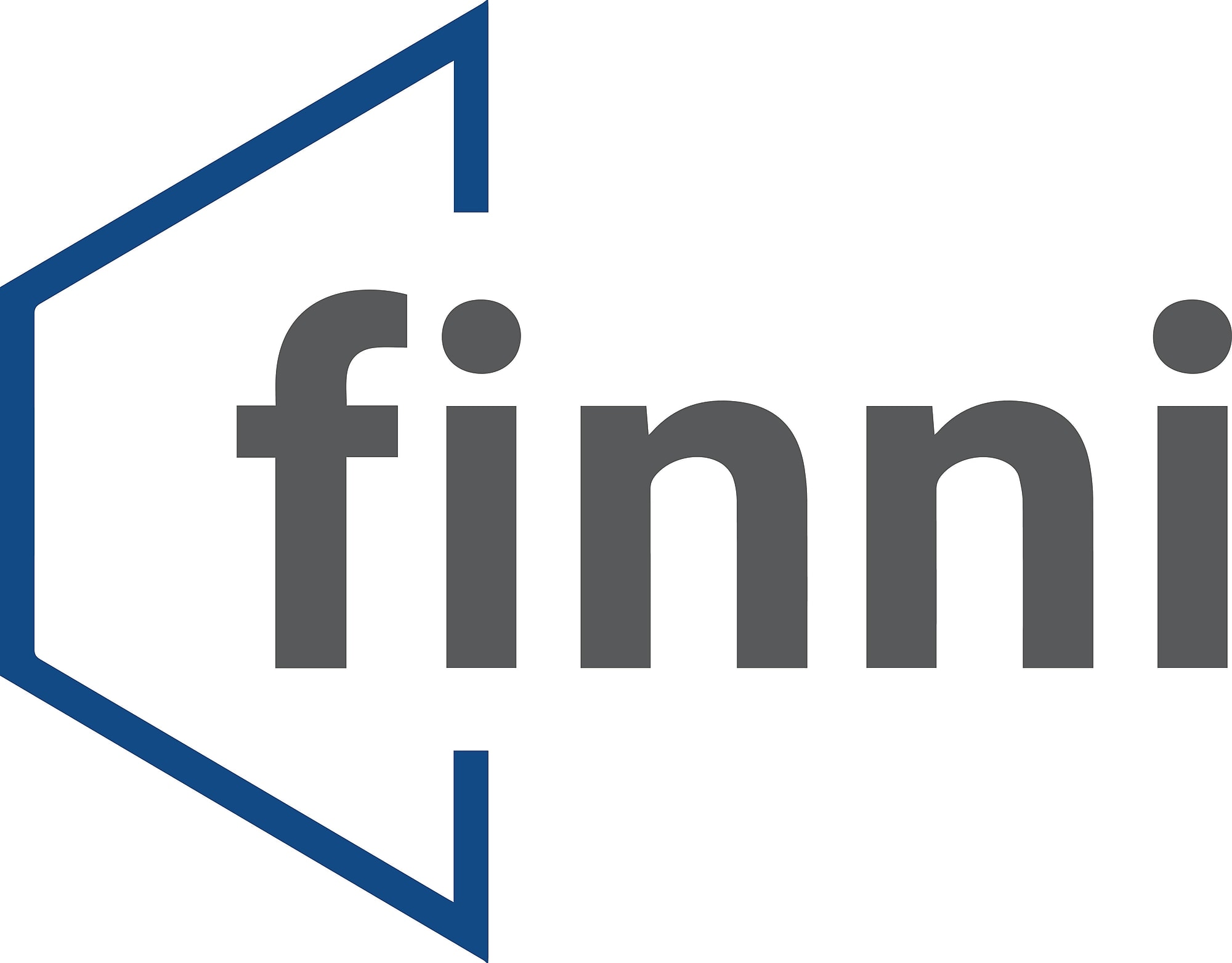Over 1 million mortgagors ‘at risk’ of mortgage stress: Roy Morgan
Mortgage stress increased to the highest level since July 2013 in the three months to December 2022, with almost a quarter of mortgage holders now “at risk”, new data has revealed.

New research released by Roy Morgan has shown that an estimated 1.1 million mortgage holders (23.9 per cent) were “at risk” of mortgage stress in the three months to December 2022.
This period included three interest rate rises of 0.25 per cent by the Reserve Bank of Australia (RBA), taking the official cash rate to the highest level since December 2012 to 3.1 per cent in early December last year.
Mortgage holders are considered at risk if their mortgage repayments are greater than a certain percentage of household income, depending on income and spending.
For the first time in this cycle of rate rises, the proportion of mortgage holders now considered at risk of mortgage stress is above the long-term average of 22.8 per cent, extending back to early 2007.
However, the overall number of people at risk of mortgage stress remained well below the high reached during the global financial crisis in early 2009 of almost 1.5 million mortgage holders (35.6 per cent).
The research also found that the number of mortgage holders considered “extremely at risk” has increased to 666,000 (15.0 per cent) in the three months to December 2022, in line with the long-term average of 659,000 (15.9 per cent) over the last 15 years.
Mortgage holders are considered extremely at risk if even the interest-only portion is over a certain proportion of household income.
Mortgage risk set to climb to over a quarter if rates rise
The proportion of mortgage holders expected to be at risk of mortgage stress could increase to 26.3 per cent (or over 1.2 million mortgage holders) by March 2023 if the RBA were to increase the official cash rate to 3.6 per cent (representing a 25 bps increase each in February and March).
This is according to conservative modelling by Roy Morgan, assuming that all other factors remain unchanged. It highlighted that unemployment increased to 9.3 per cent in December, in line with the usual seasonal trends.
Roy Morgan CEO Michele Levine noted that with Australian inflation hitting a 33-year high of 7.8 per cent (according to the Consumer Price Index figures by the Australian Bureau of Statistics), all the indicators from the RBA suggest that another rate rise could be on the horizon when it meets in February and March.
If the RBA raises rates by 25 bps in February to 3.35 per cent, there could be 24.7 per cent of mortgage holders (or 1.14 million) considered at risk — an increase of 139,000.
The greatest impact on an individual or household’s ability to pay their mortgage is if they lose their job or main source of income, not interest rate rises, the research stressed.
Commenting on the research, Ms Levine said: “When considering these figures on mortgage stress it is always important to take into account that interest rates are only one of the variables that determines whether a mortgage holder is considered at risk. The variable that has the largest impact on whether a borrower falls into the at-risk category is related to household income — which is directly related to employment.
“The latest figures on mortgage stress show that as long as employment levels remain strong the number of mortgage holders considered at risk will not increase to anywhere near the levels experienced during the Global Financial Crisis in 2007–08–09 when a peak of 35.6% of mortgage holders were considered at risk in May 2008.”
She concluded: “The latest Roy Morgan employment estimates show a near-record 13.6 million Australians were employed in December 2022, up by over 650,000 since February 2020 when there were 12.9 million employed pre-pandemic.
“The strong growth in the jobs market has attracted more Australians into the labour force and there are now over 1.38 million unemployed Australians (9.3% of the workforce) compared to 1.17 million pre-pandemic.”
If you’re looking to refinance for a better rate or looking for the right rate for your clients at zero cost, contact Finni mortgages experts and let us do the hard work for you.
Visit our website here or call 1300 002 023 to learn more on how we can help you.
Latest articles









